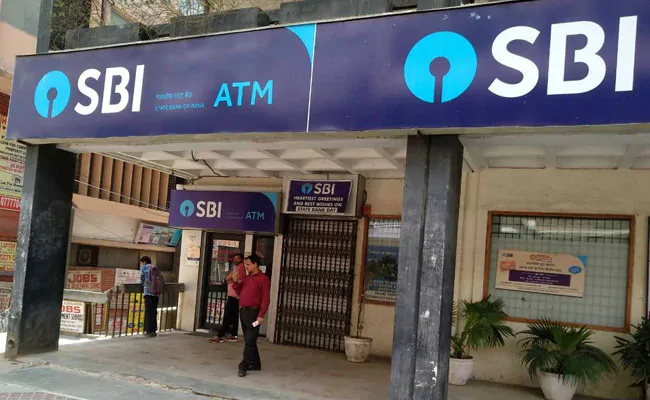'Retired People Need Security In The Fall Of Life' : SC Upholds Right To Pension Of SBI Employees Who Took VRS After 15 Or More Years Of Service
LIVELAW NEWS NETWORK
2 March 2020 8:04 PM IST

"The basic framework of socialism is to provide security in the fall of life to the working people."
Next Story


